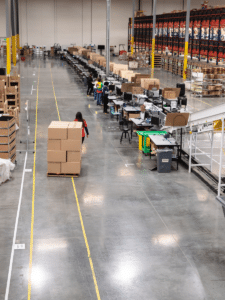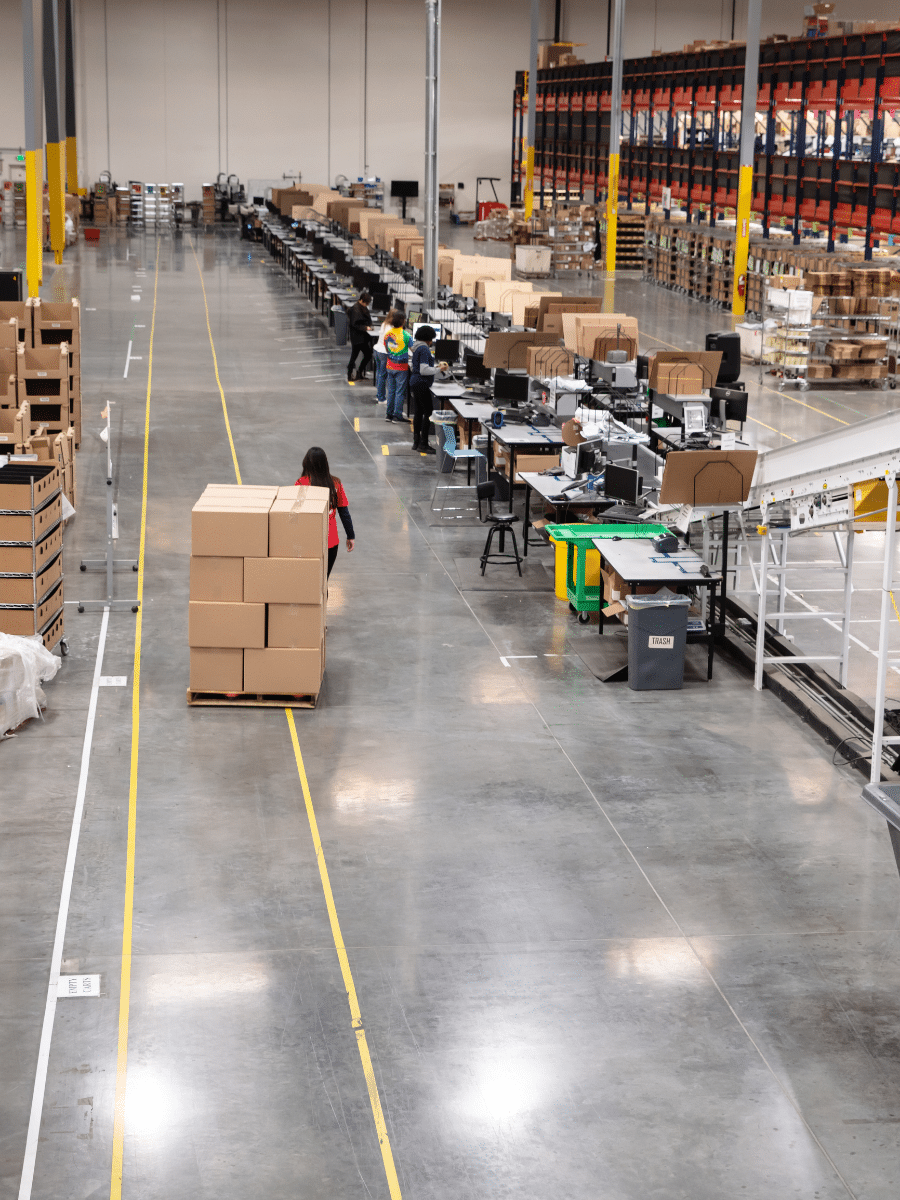News
Welcome to the Minster WMS News page – bringing you up to date news articles and blog posts featuring interesting topics from the warehouse management industry, environment and beyond.

Leveraging Blockchain Technology for Enhanced Warehouse Management
In the expansive world of commerce, an intricate network of supply chains and warehouses quietly yet powerfully orchestrates the flow

Mastering the Complexity of Multi-Channel Fulfilment
In an era where consumer demand is as varied as the channels they shop from, the art of multi-channel fulfilment

The Strategic Importance of Location in Warehouse Management
In the rapidly changing landscape of global commerce, every decision can create ripples of impact. The digital era, marked by

The Role of Drones in Revolutionising Warehouse Processes
Welcome to the city of the future, where the citizens are tireless, precise, and efficient. This city isn’t on any

The Impact of Robotics on Warehouse Productivity
Navigating an Era of Automation and Precision The Impact of Robotics on Warehouse Productivity: Navigating an Era of Automation and

The E-Commerce Butterfly Effect
The Radical Revamp of Warehouse Operations In a not-so-distant past, the humble warehouse was the unassuming giant of the supply

The Critical Role of Warehouse Managers in Today’s Supply Chain
Picture a bustling port from centuries ago, ships coming in heavy with goods from distant lands, and dockworkers meticulously cataloguing

The Art of Balancing Cost and Efficiency in Warehouse Operations
Navigating the Maze of Margins and Mastery: A Journey from Historical Warehouses to Modern Marvels Warehouses have long been the

Sailing Through the Intricacies of Cross-Docking in Warehousing
Charting Unseen Territories Sailing Through the Intricacies of Cross-Docking in Warehousing: Charting Unseen Territories Imagine being the master of a

Revamping Warehouse Performance Metrics for the Digital Age
Back in the day, the trading floors of Wall Street echoed with the shouts of brokers, much like how traditional

Post-Pandemic Power-Up
Redesigning Warehousing for a Resilient Future The warehouse industry operates much like a vibrant, bustling metropolis – intricate networks humming

Optimising Supply Chain with Effective Warehouse Management
Ever been stuck in a traffic jam, the kind where the lanes stretch ahead filled with vehicles as far as











